Anti-crisis measures insufficient, says business community
The anti-crisis measures of the government were good, but not enough, business experts said.
Wednesday, 10.03.2010.
13:13

The anti-crisis measures of the government were good, but not enough, business experts said. Representatives of large companies said at the Business Forum in Kopaonik that one of the biggest problems the economy is faced with is the lack of liquidity and an indebted industry, as well as the slow realization of measures against the economic crisis. Anti-crisis measures insufficient, says business community President of the East Point company Zoran Drakulic said that Serbia is entering the second year of a large economic crisis with an economy that has low exports and a low level of production, which are both needed to support the industry. “We have to let the money from these reserves enter as additional stimulus because that was promised, after all. There was talk that 1.3bn would be released from the foreign currency reserves, but there is no sign of this money. And what's also nonsense – we have a non-liquid industry and very non-liquid banks,” Drakulic said. PSP Farman company President Branislav Grujic said that the state, as the most liquid investor, needs to realize large infrastructure projects in the coming years and stimulate the investment cycle in Serbia. He said that the quality of the government’s measures was good, but that the dynamics of their realization were the problem. MK Group President Miodrag Kostic said that the Serbian industry needs long-term credit that will improve its competitiveness, stating that there should be long-term loan for up to 15 and 20 years. He also said that the continuation of privatization and development is necessary as well. Kostic recommended that the government take EUR 300-400mn from the foreign reserve to give to business banks that are ready to give the money to the industry with a ten-year deposit from the state according to a criteria determined by the government. He said that liquidity would be improved in this way. In January, Serbia exported the most to Italy, Germany and Bosnia-Herzegovina. The highest imports were recorded from Russia, Germany and Italy. German officials present at the forum said that companies from that country are interest in investing in the automobile and textile industries, as well as in infrastructure projects. Asked what Serbia needs to do for their interests to overlap, World Bank economic expert Dusan Vujovic said that it must be more active in the region and secure a high level of harmonization in the region in order to become a regional leader. “Some things that we don’t like must be looked over in order to become a leader. Being a leader allows the possibility to enter a greater market and that is one of the factors that investors are looking at,” Vujovic said. EPS CEO Dragomir Markovic said that the privatization of the state owned electrical company should be done through added capitalization. Markovic said that the privatization of EPS above all depends on the "political stance of the company owners" – that is, the state of Serbia.
Anti-crisis measures insufficient, says business community
President of the East Point company Zoran Drakulić said that Serbia is entering the second year of a large economic crisis with an economy that has low exports and a low level of production, which are both needed to support the industry.“We have to let the money from these reserves enter as additional stimulus because that was promised, after all. There was talk that 1.3bn would be released from the foreign currency reserves, but there is no sign of this money. And what's also nonsense – we have a non-liquid industry and very non-liquid banks,” Drakulić said.
PSP Farman company President Branislav Grujić said that the state, as the most liquid investor, needs to realize large infrastructure projects in the coming years and stimulate the investment cycle in Serbia.
He said that the quality of the government’s measures was good, but that the dynamics of their realization were the problem.
MK Group President Miodrag Kostić said that the Serbian industry needs long-term credit that will improve its competitiveness, stating that there should be long-term loan for up to 15 and 20 years. He also said that the continuation of privatization and development is necessary as well.
Kostić recommended that the government take EUR 300-400mn from the foreign reserve to give to business banks that are ready to give the money to the industry with a ten-year deposit from the state according to a criteria determined by the government. He said that liquidity would be improved in this way.
In January, Serbia exported the most to Italy, Germany and Bosnia-Herzegovina.
The highest imports were recorded from Russia, Germany and Italy.
German officials present at the forum said that companies from that country are interest in investing in the automobile and textile industries, as well as in infrastructure projects.
Asked what Serbia needs to do for their interests to overlap, World Bank economic expert Dušan Vujović said that it must be more active in the region and secure a high level of harmonization in the region in order to become a regional leader.
“Some things that we don’t like must be looked over in order to become a leader. Being a leader allows the possibility to enter a greater market and that is one of the factors that investors are looking at,” Vujović said.
EPS CEO Dragomir Marković said that the privatization of the state owned electrical company should be done through added capitalization.
Marković said that the privatization of EPS above all depends on the "political stance of the company owners" – that is, the state of Serbia.





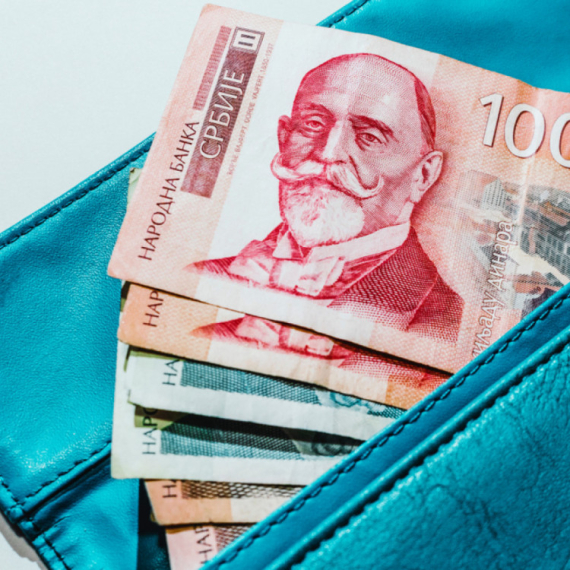





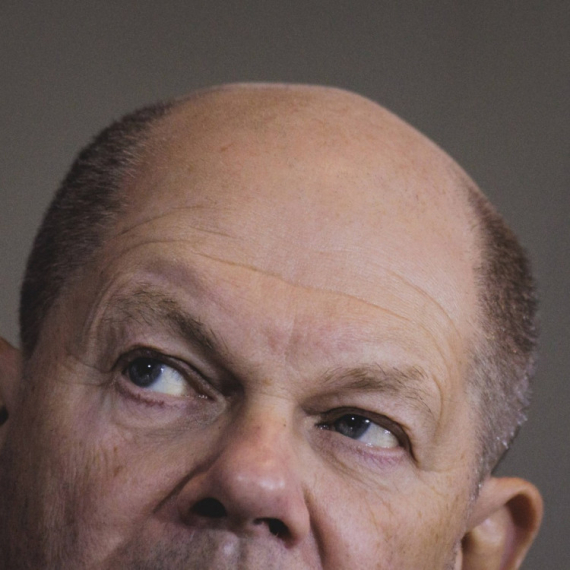
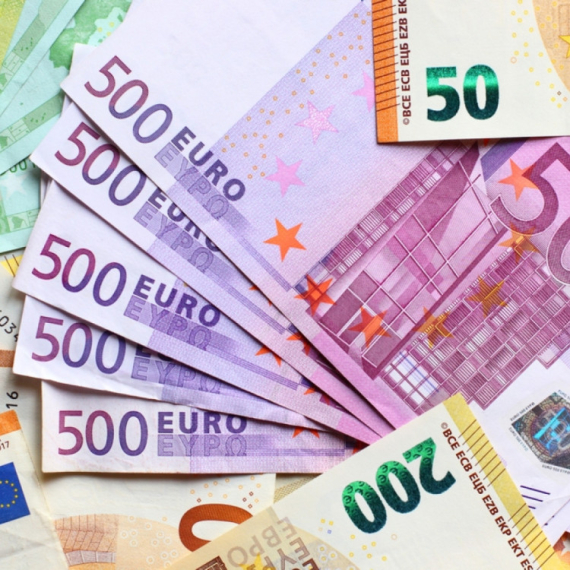


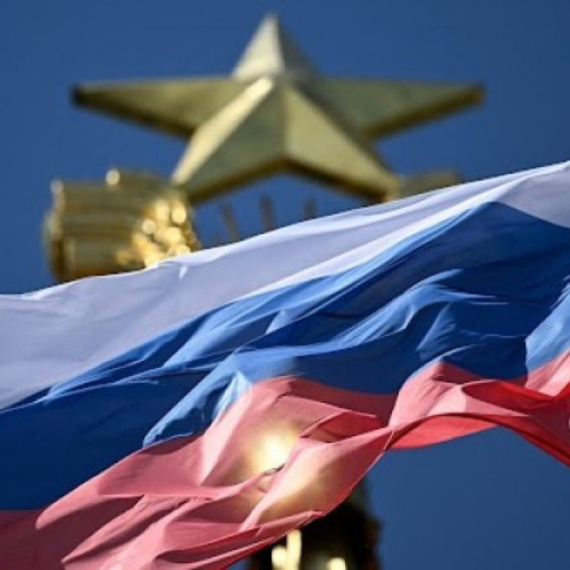
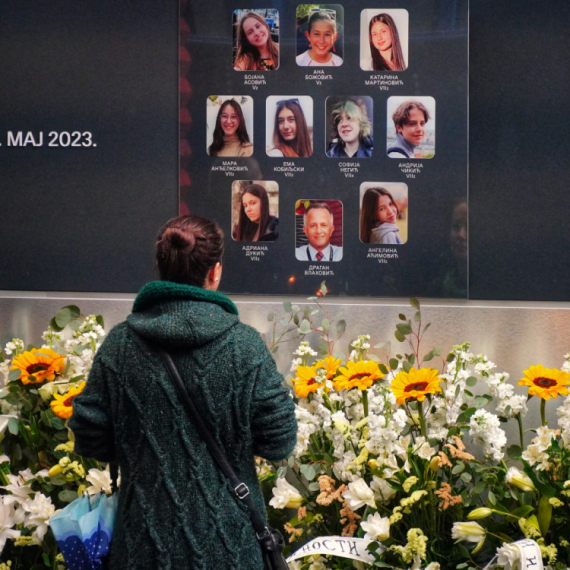

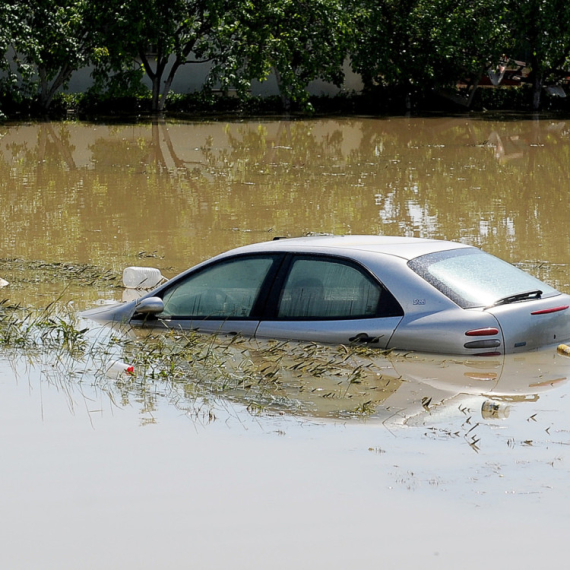



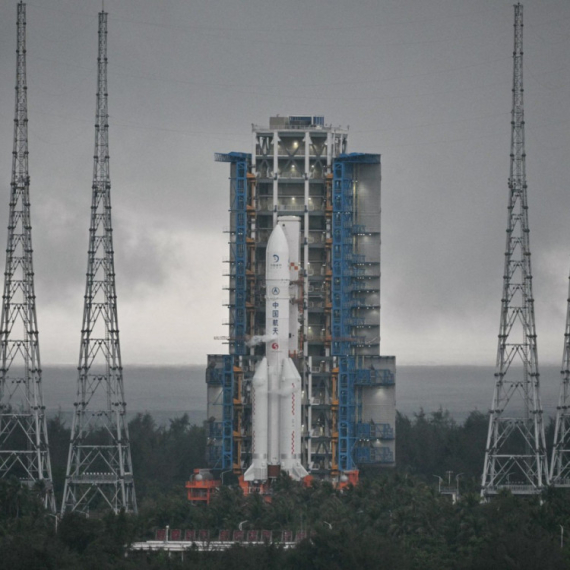



























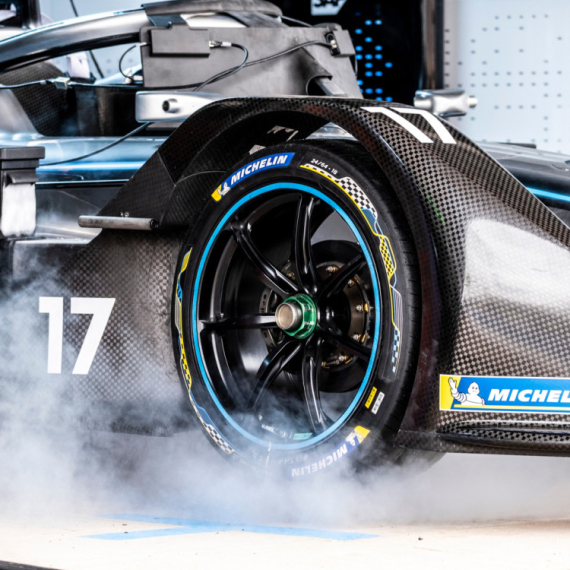



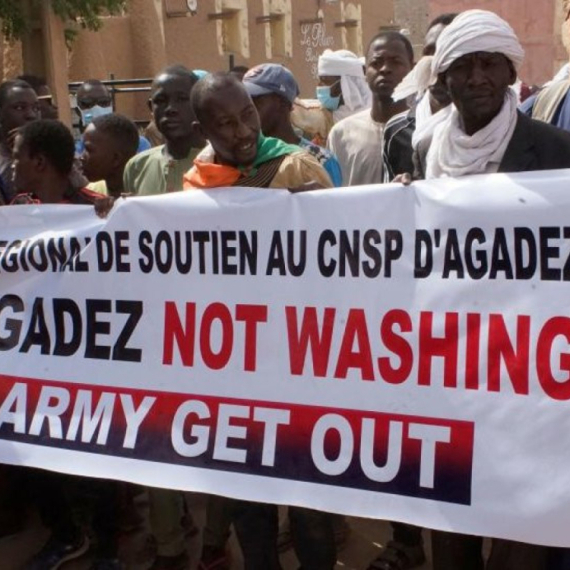
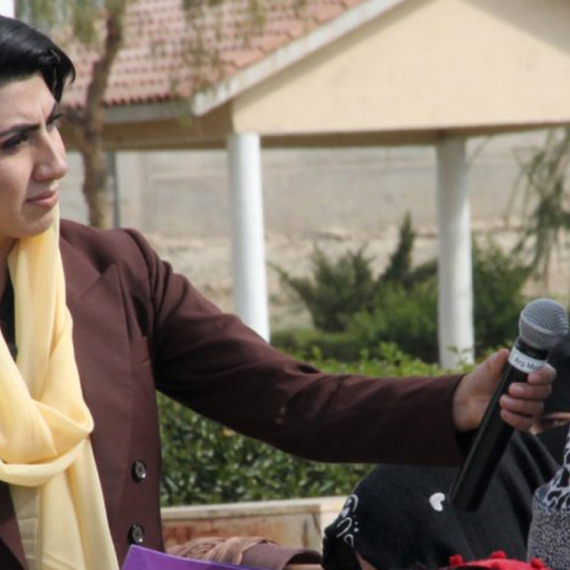




Komentari 0